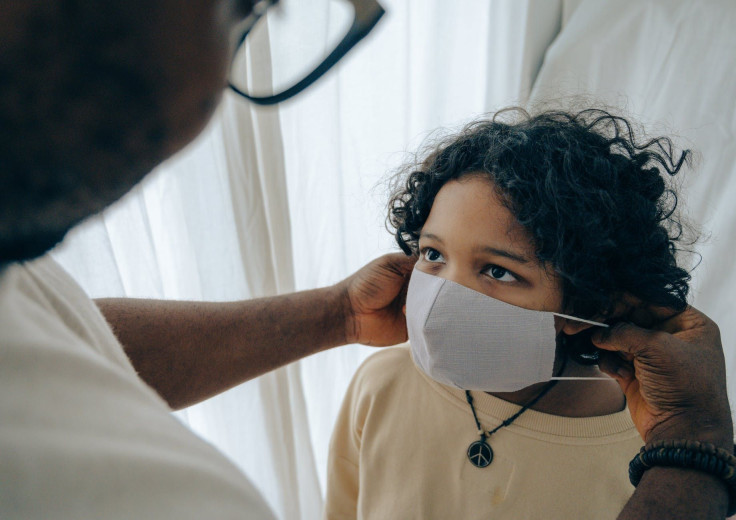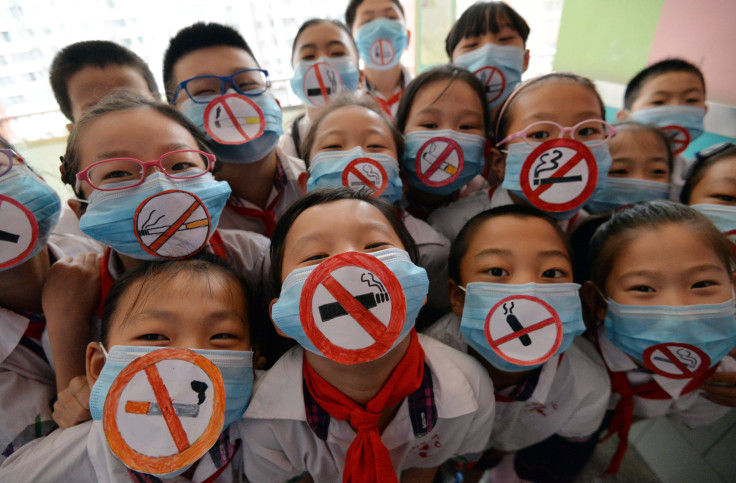Face Mask Recommendation Did Nothing To Curb COVID-19 Incidence: Study

The face mask recommendation when children returned to schools amid the COVID-19 pandemic did not help lower the incidence of infection, according to a new Finnish study.
Published in BMC Public Health, the study examined how the recommendation to use face coverings among children 12 years and above in Finland in autumn 2021 affected the incidence of COVID-19. At the time, the country implemented mandatory masking in schools nationwide to help curb cases. Some cities extended the recommendation to kids aged 10 and 11.
To determine how masking impacted Finnish children and adults during the fall season of 2021, the team collected case number data from the National Infectious Disease Register (NIDR) of the Finnish Institute for Health and Welfare and compared the incidence per age group.
The researchers compared the incidences of infection in 14-day periods for four months among kids 7 to 9 and 10 to 12, as well as adults 30 to 49 years of age. They found no significant effect between the younger unvaccinated age groups.
"According to our analysis, no additional effect was gained from mandating face masks, based on comparisons between the cities and between the age groups of the unvaccinated children (10-20 years versus 7-9 years)," the study authors wrote.
Unfortunately, the study failed to determine how rigorously the children used their masks at school and the types of masks they used during the period. They also noted that the data only reflected positive cases during the delta variant. Thus, their findings might not be comparable to those from the omicron and other variants, according to Medical Xpress.
In February, another study showed similar findings when its authors reported that the masking efforts during the peak of the pandemic did not help prevent the transmission of the virus.
"The pooled results ... did not show a clear reduction in respiratory viral infection with the use of medical/surgical masks. There were no clear differences between the use of medical/surgical masks compared with N95/P2 respirators in healthcare workers when used in routine care to reduce respiratory viral infection," the study authors noted.
The meta-analysis involved a review of 78 randomized trials on the effectiveness of physical interventions against respiratory viruses, including COVID-19, particularly their ability to interrupt or reduce the spread of disease.




























